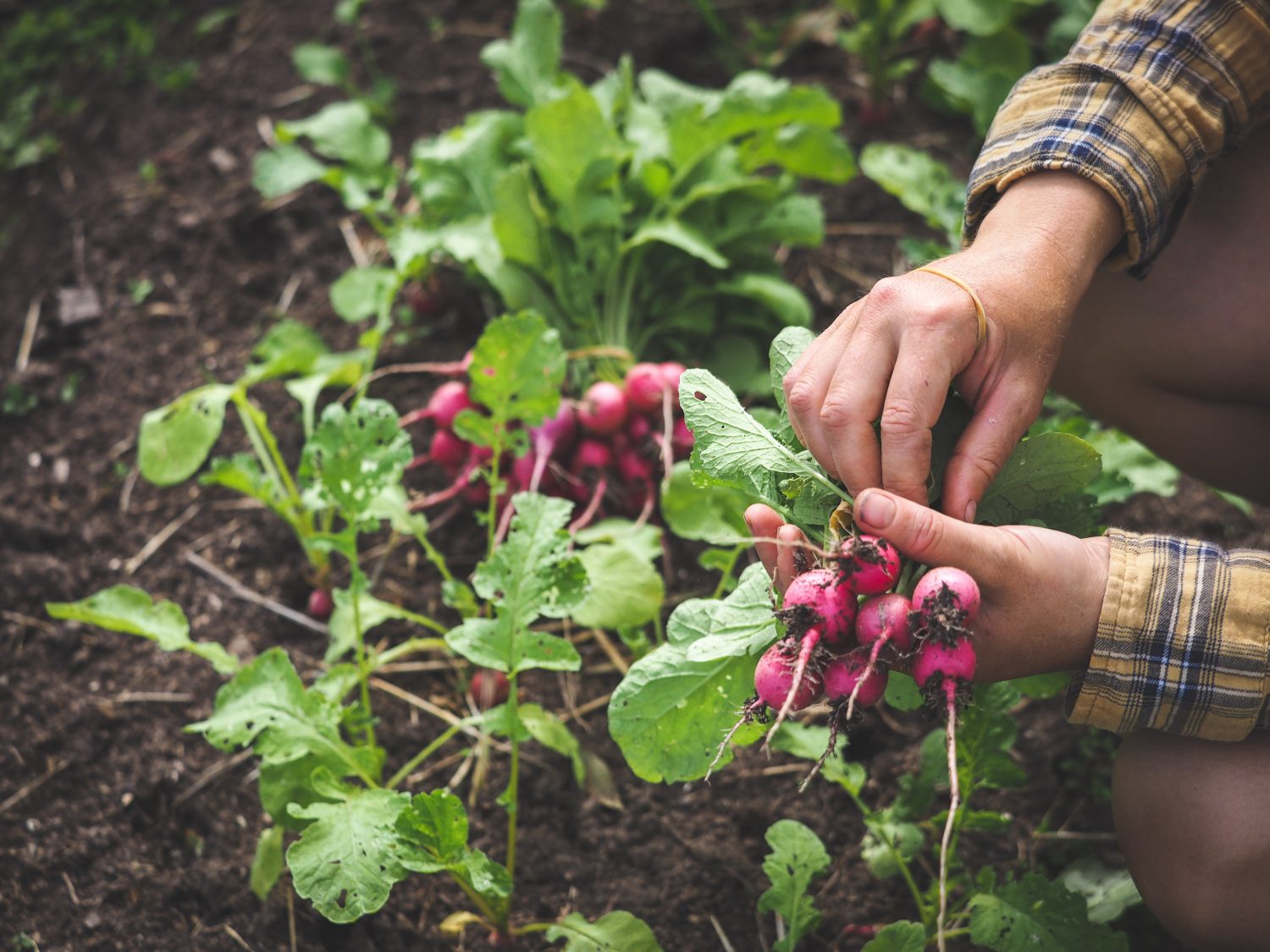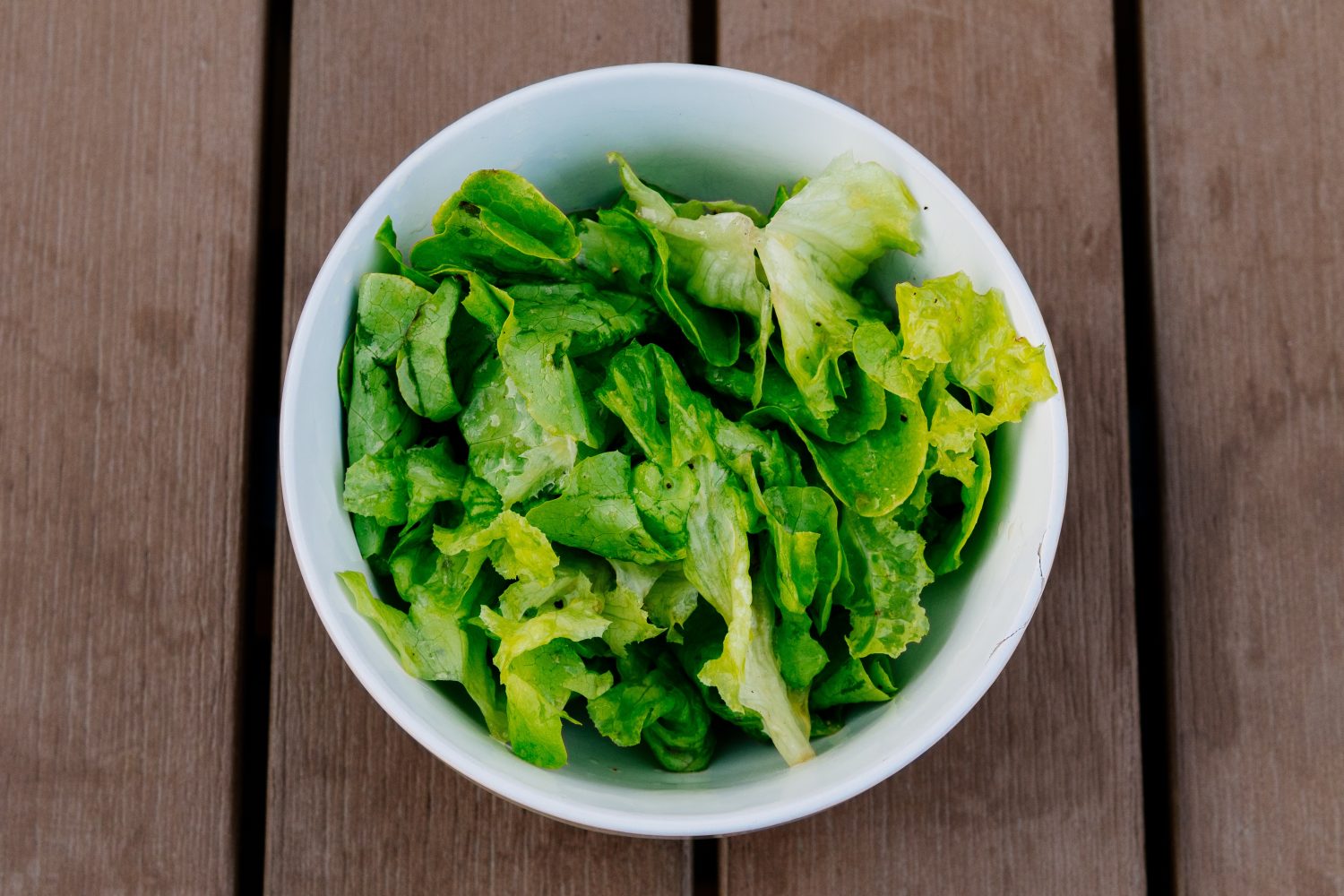Community Supported Agriculture
Community-supported agriculture (CSA) is a model of food production and distribution that directly connects farmers and eaters.
Being part of CSA is a way for eaters to share with the farmer the costs and risks of farming as well as the bounty. People buy shares in a farm’s projected harvest in advance and for a set period (a season, or a year, for example) and receive regular deliveries.
CSAs vary in their structure and payment terms, but the principle is that farms supply their produce directly to their members through a subscription model — a commitment from the eater is made to accept the produce they are given and to share the risk of the harvest with the farmer.
AFSA is a proud member of Urgenci: The International Network for Community-Supported Agriculture
Principles of Teikei
CSA was started in the 1970s in Japan by organic vegetable farmers and is now widespread and growing around the world. It is based on the Principles of Teikei (1978).
Australia has a growing CSA movement as small-scale farmers move to this solidarity economy for financial security, risk sharing, and deeper connection with the people who eat their produce.
Read articles about Community Supported Agriculture
8 April 2022 The Australian Food Sovereignty Alliance (AFSA) ...
Join our team: AFSA National Committee We are seeking nominations ...
Katherine Scott discovered Community Supported Agriculture (CSA) after exploring her ...
For three years FSANZ has been working on a ...
A panel of food systems advocates, including Costa Georgiadis (Gardening ...
WATCH: AFSA Solidarity Economies Session #2 - Collaborative Economies ...




